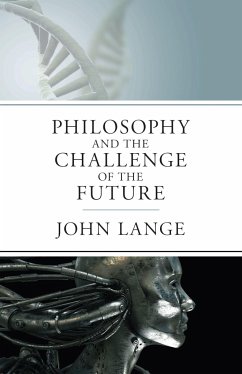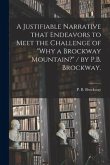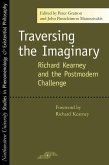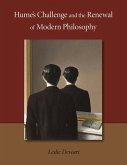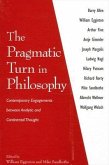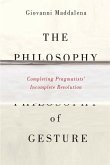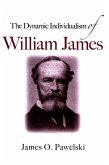The difference between a status-quo, but revisable, “common sense” and new realities, new discoveries, and such, generates a tension. One of the places where philosophy spends its time is the border country between a new science and an old common sense. What sense can we make of new truths, new possibilities, in, reprogenetics, cloning, genetic engineering, artificial intelligence, artificial life, and such? How shall we think about them? Should they alter our view of the world, not merely additively, as in learning a new telephone number, but radically, as in taking seriously the hypothesis that wind is a meteorological phenomenon and not the breath of a god, that the earth moves, that humanity might be transformed, for example, biologically, by means of genetic engineering, and technologically, by means of electronic implants and enhancements? Our species, unique among known species, can control its own evolution. Will it do so? Should it do so? How might it do so? Philosophy has new things to do, and new places to go. This book begins the journey.
Hinweis: Dieser Artikel kann nur an eine deutsche Lieferadresse ausgeliefert werden.
Hinweis: Dieser Artikel kann nur an eine deutsche Lieferadresse ausgeliefert werden.

